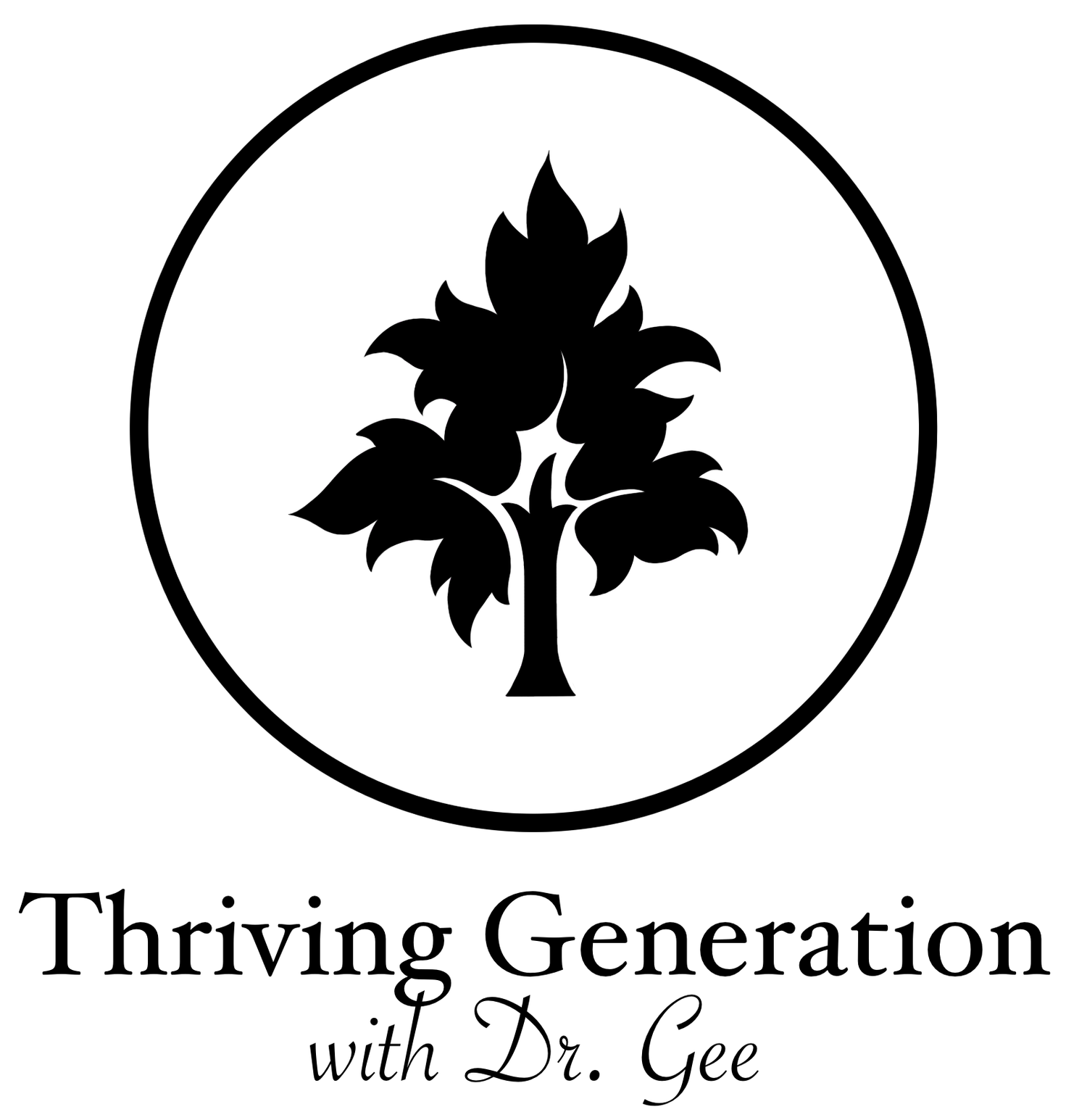Overcoming Language & Culture Barriers in Africa | Ady Namaran Coulibaly
Introduction by Host: Dr. Gee
Africa is filled with a mosaic of languages. There are several languages families, and over 200 spoken languages throughout the continent. This diversity is very beautiful, but there are many challenges that having so many spoken languages bring. Our guest today, Ady Namaran Coulibaly, has dedicated her energy towards overcoming these challenges. Join us as she shares her journey and life experiences.
Guest Bio
Ady Namaran Coulibaly is an interpreter, translator, and human rights activist. She is also the operational manager of Bolingo Consult, which provides services in African languages.
Q: What Got You Interested in This Work?
It all started with a scholarship for a Master of Arts. I was given this to study interpretation from the Pan Africa University. I studied in Cameroon from 2016 to 2018. After that, I become interested in the language industry and this is where I have gotten. I always like to start with that scholarship, because without that I do not think I would be here today.
Q: What is Bolingo Consult?
At Bolingo Consult, what we really want to do is to unlock confidence in African languages. Last year, we realized that in Ghana, the most spoken language is Asante Twi. However, when you go to the websites of Ghanaian organizations, they use English to publish. We wondered why this is the case. This was the beginning of Bolingo.
Q: What are some of the resources you have to help with language learning?
Our focus is not necessarily to teach languages. However, one way that you can learn is to read articles on our page. We also have audio for the articles, so you can listen as you read. Finding someone you can speak the language with on a regular basis, especially in the home, really helps with learning a new language. We have also begun creating some children’s book, with multiple versions for different languages, and audio versions are being working on.
Q: What advice do you have for parents in the diaspora when it comes to languages?
I have seen a lot of parents in the diaspora speaking their native languages at home, but still teaching their children to speak in the dominant language. Some of them even volunteer to teach others their native language. The key is to speak your native language at home. That is what it means to be multilingual.
Q: Do you offer translation services?
Yes, that is what we do. We work with translators and linguists all over the world. Depending on the language you would want to work with, our services vary.
Closing Thoughts
When you find your life’s mission, it is very fascinating. I have found mine in African languages, but I want to encourage everyone to find their mission. Find what you love to do and work towards it.

